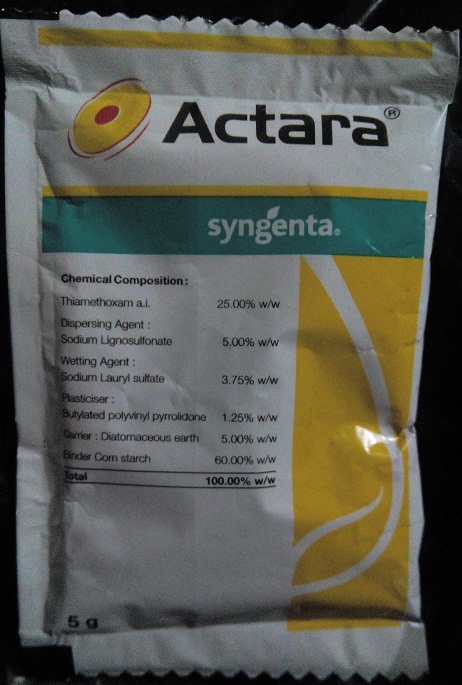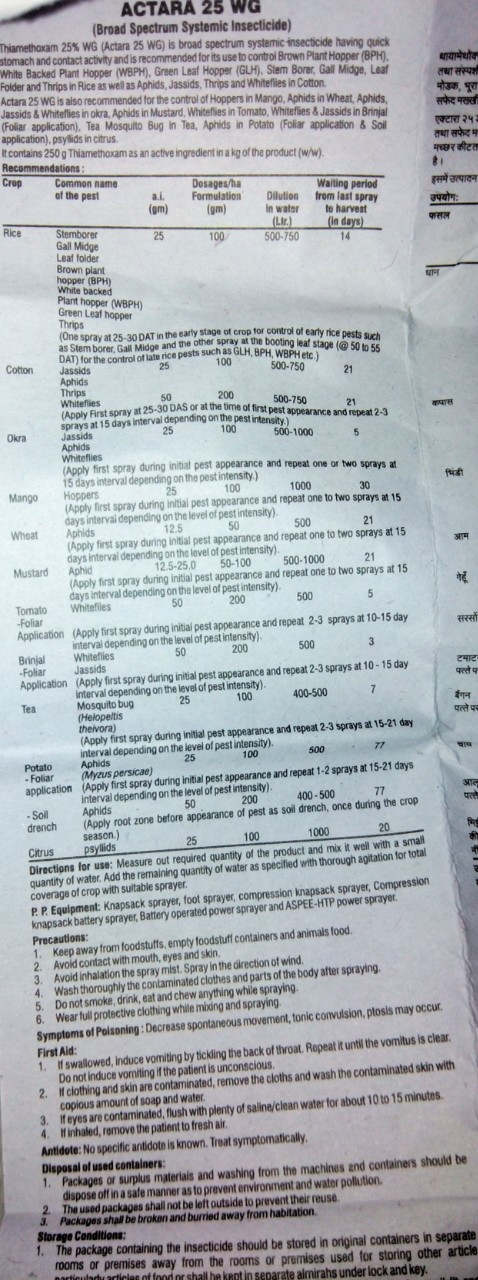Hello!
Hope everyone's having a great growing season! Mine's going really well except that some of my chilli plants have been hit by bastard aphids.. The damage isn't anywhere near severe but I still want to stop them in their tracks before they get to ruin my other precious plants. So I nipped down to the local agriculture supplies shop and they recommended Actara, which is a Neonicotinoid I believe.. The fellow said that a 5gm sachet is to be mixed in with 10 litres of water and sprayed thoroughly on and under the leaves, as well as on the soil surface if possible. Though he seemed knowledgeable and all, I'd still like to confirm with experienced members here whether I have the right insecticide for the job, and whether the rate of dilution is correct.
Mine's going really well except that some of my chilli plants have been hit by bastard aphids.. The damage isn't anywhere near severe but I still want to stop them in their tracks before they get to ruin my other precious plants. So I nipped down to the local agriculture supplies shop and they recommended Actara, which is a Neonicotinoid I believe.. The fellow said that a 5gm sachet is to be mixed in with 10 litres of water and sprayed thoroughly on and under the leaves, as well as on the soil surface if possible. Though he seemed knowledgeable and all, I'd still like to confirm with experienced members here whether I have the right insecticide for the job, and whether the rate of dilution is correct.
Thanks!

Hope everyone's having a great growing season!
Thanks!



